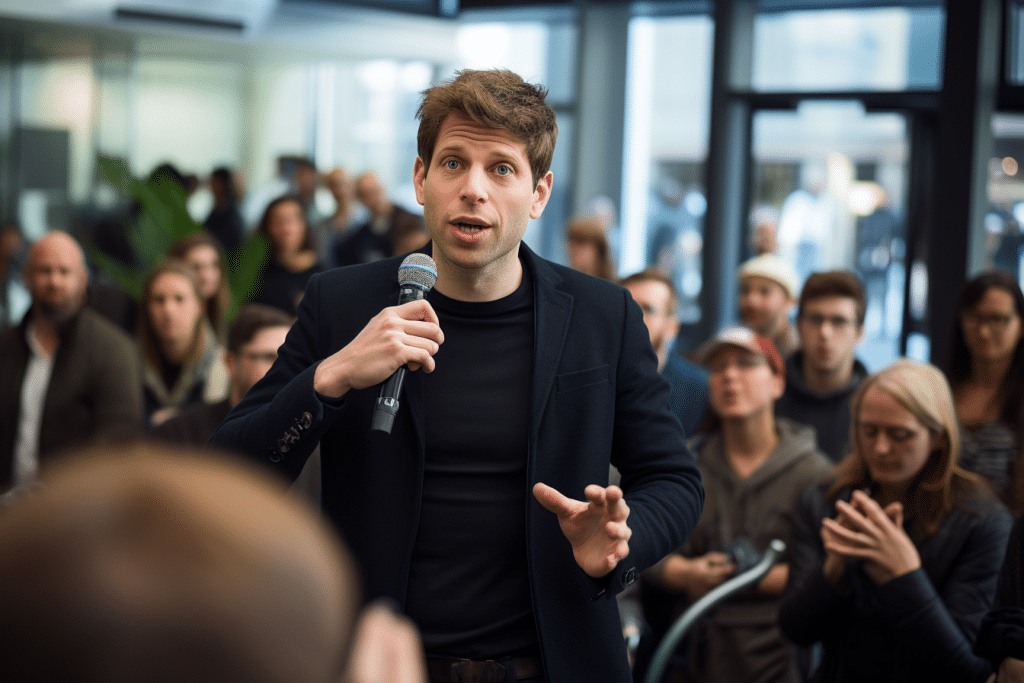
The New York Times recently filed a complaint against ChatGPT. The American media outlet accused OpenAI of exploiting its articles without consent. But the case is now undergoing an unexpected turnaround. Sam Altman’s company has put forward some rather peculiar arguments.
The whole world was surprised by the complaints filed by the New York Times on December 27. According to this media outlet, OpenAI used its work to ” develop and market their artificial intelligence products without permission from the Times “. But OpenAI denied the New York Times’ accusations. The company has published an official letter containing some astonishing explanations. According to the AI giant,the Times fabricated the promptsto retrieve information related to their articles.
Prompt manipulation to blame OpenAI
“Interestingly, the rejections provoked by the New York Times seem to come from old articles that have been propagated on many third-party sites. It seems that they have deliberately manipulated the promptswhich often include long excerpts from articlesto restore our model. Even when using such prompts, our models generally do not behave as the New York Times suggestswhich suggests that they have either asked the model to shuffle, or selected their examples from several attempts” excerpt from the OpenAI letter.
This statement is an unexpected turnaround for stakeholders. However, OpenAI asserted that ChatGPT has a tendency to “regurgitate” information. In rare cases, the AI copies newspaper articles “word by word”. . But Sam Altman’s company has announced that it will correct this bug as soon as possible. OpenAI specialists have already removed the “browse” functionalityfrom ChatGPT. In their view, this option was the source of data “regurgitation”.
OpenAI claims ChatGPT needs data for training
Even after the New York Times accusation, OpenAI maintained its position. According to the company, their AI still needs to learn to solve new problems. To do this, it needs access to “the enormous database of human knowledge”.
However, OpenAI is committed to respecting copyrights . And this approach is already a step forward for a high-tech company. Interested parties can then request an opt-out from ChatGPT training. They must fill in a specific form.
Sam Altman’s company doesn’t close doors to collaborations with The New York Times

Despite these lawsuits, OpenAI remains open to all forms of partnership with the New York media. They intend to continue negotiations to reach a conclusion. After that, they want to launch a long-term collaboration with the Times.
“We hopea constructive partnership with The New York Timesand respect its long history,” OpenAI stated in its press release.
This association could lead to exceptional results. We can’t wait to see what happens next. For the moment, the stakeholders seem to be holding their ground.